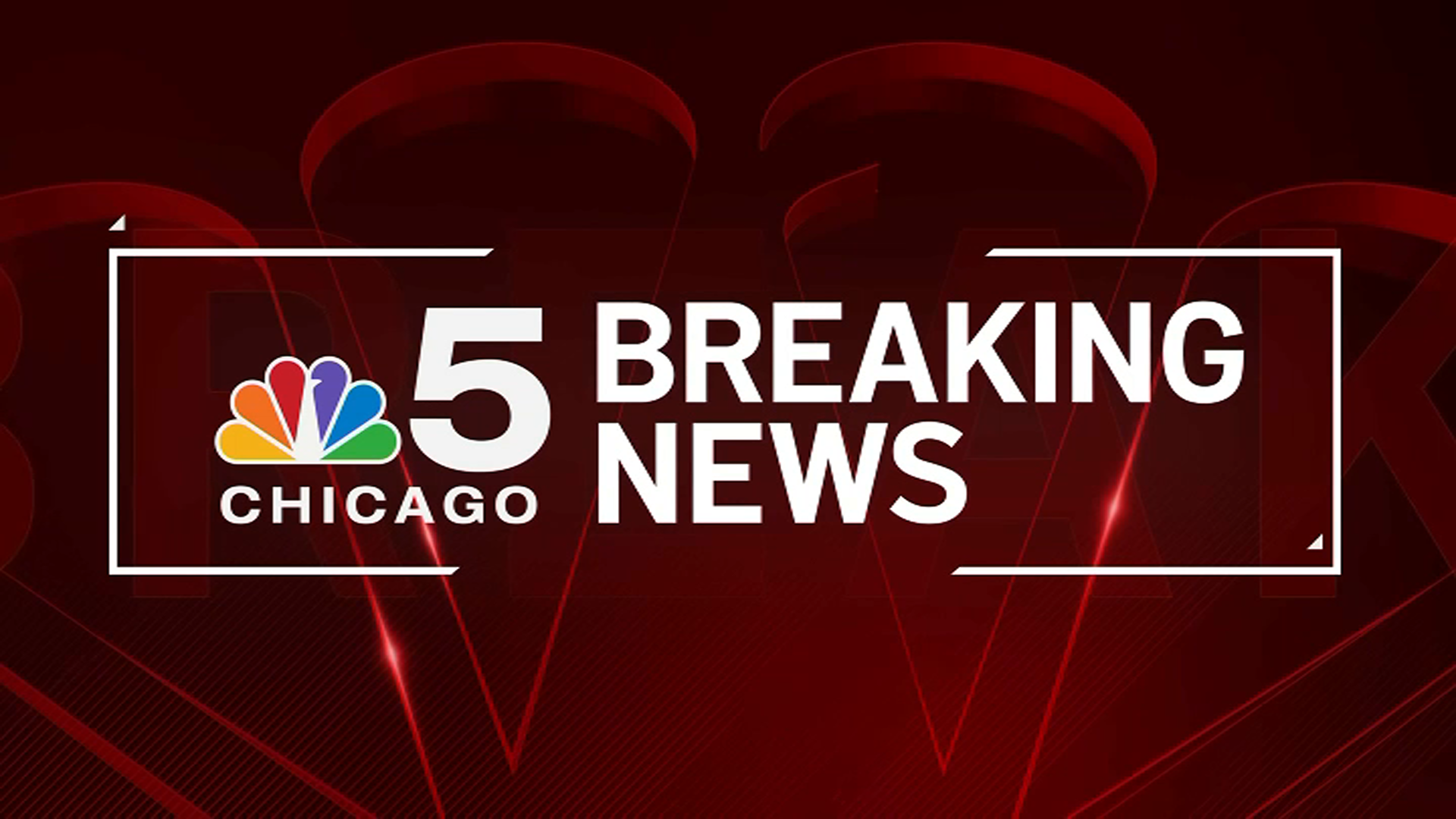
FILE – In this Jan. 8, 2021, file photo, Illinois House Speaker Michael Madigan appears on the floor as the Illinois House of Representatives convenes at the Bank of Springfield Center, in Springfield, Ill. Madigan, the Chicago Democrat who virtually set Illinois’ political agenda as House speaker before he was ousted last month, resigned his seat Thursday, Feb. 18, 2021. Madigan marked 50 years as a state representative in January. (E. Jason Wambsgans/Chicago Tribune via AP, File)
Former Illinois House Speaker Michael Madigan is stepping down as the head of the state’s Democratic party.
Madigan, who resigned his seat in the legislature last week, will be replaced on an interim basis by Vice Chair Karen Yarbrough, who will oversee the central committee’s search for a new party leader.
“Over the last two decades, we have elected a diverse array of Democrats across Illinois and helped send a hometown Chicago leader to the White House, turning Illinois into a Democratic stronghold in the Midwest,” Madigan said. “Together, we faced conservative extremism and stood up for working men and women. I’m confident the Democratic Party of Illinois will continue to cement our place as a beacon of progressive values."
Earlier this year, Madigan announced that he would not seek re-election as the Speaker of the Illinois House after more than three decades in power. That decision followed a vote of Democratic lawmakers that showed Madigan did not have enough support to retain his speakership, and he was ultimately replaced by Rep. Chris Welch in a January vote.
Last week, Madigan announced that he would resign his seat in Illinois’ 22nd district, a seat he had held for more than 50 years. During a vote Sunday, Madigan endorsed Edward Guerra Kordatt as his successor, and the 26-year-old was sworn into office.
Madigan's loss of the speakership and his subsequent resignation came after two former ComEd executives and two consultants, one a longtime Madigan associate and confidant, were indicted in November on multiple federal charges related to the alleged scheme to influence Madigan - identified in the indictment as "Public Official A" - in exchange for legislation favorable to the utility giant, prosecutors say.
Those charges were levied months after federal prosecutors in July filed a deferred prosecution agreement with ComEd in which investigators revealed that the utility company agreed to pay $200 million dollars in fines and admitted to arranging jobs and payments for associates of an elected official, referred to only as “Public Official A," from 2011 to 2019 to curry favor with the official.
Local
Madigan has not been charged with any criminal wrongdoing and has repeatedly denied the allegations laid out by prosecutors, saying in part that if the conspiracy to influence him did occur, "it was never made known" to him and if it had been, it "would have been profoundly unwelcome."
Still, the deferred prosecution agreement and the charges against his associates prompted a total of 19 members of the House Democratic caucus to publicly announce last fall that they would not support his bid for another term as speaker. That left Madigan short of the 60 votes needed, and once those lawmakers made it clear they would not vote for him under any circumstances, he suspended his campaign for the post, which enabled Welch to coalesce support to win the role.
Feeling out of the loop? We'll catch you up on the Chicago news you need to know. Sign up for the weekly Chicago Catch-Up newsletter.
Though he gave no reason for his resignation in his announcement, Madigan said Thursday, "it’s no secret that I have been the target of vicious attacks by people who sought to diminish my many achievements lifting up the working people of Illinois."
"The fact is, my motivation for holding elected office has never wavered. I have been resolute in my dedication to public service and integrity, always acting in the interest of the people of Illinois," he said.



